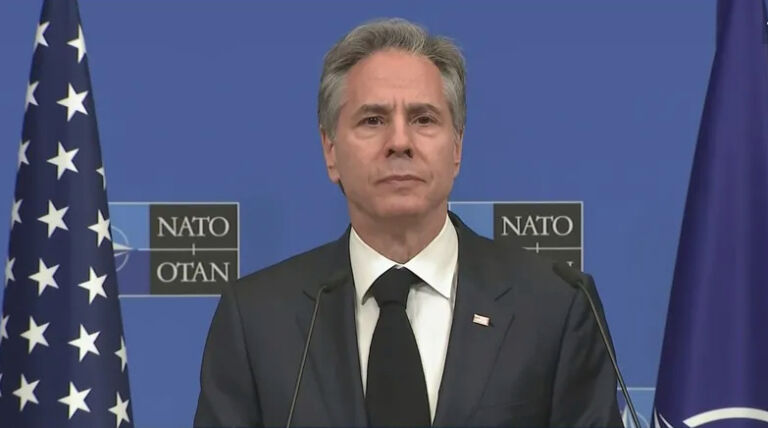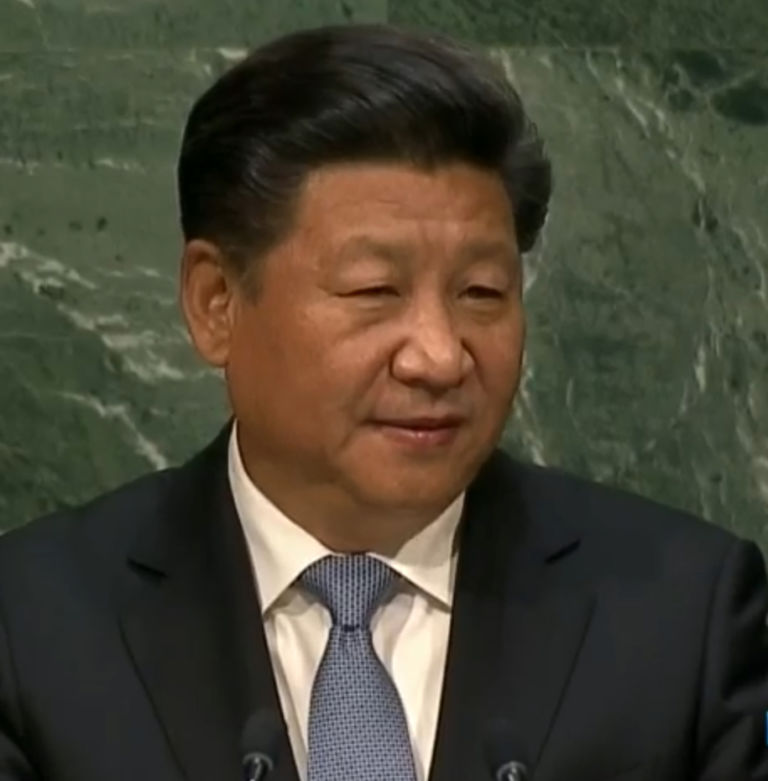Michael Beckley writes for International Security about one factor driving communist China’s current policies.
From ancient times to the present, rising powers have taken up arms to reorder the world. Yet such violent revisionism poses a puzzle: If a rising power is profiting from the existing order, why would it disrupt that progress with a reckless fit of expansion? One reason is slowing economic growth. Over the past 150 years, peaking powers, meaning rising powers whose economic booms have slowed but not yet stopped, have been the most dangerous kind of country. An extended period of rapid growth equipped them with the means to shake up the world, and then a protracted growth slowdown motivated them to move aggressively to try to rekindle their rise. Peaking power dynamics help explain some of the most consequential geopolitical events in modern history, including the surge of U.S. imperialism in the late nineteenth century, the outbreak of World War II, and Russia’s 2014 aggression against Ukraine. These findings amend classic theories of great power conflict and have ominous implications for contemporary Chinese foreign policy. …
… This article highlights one factor that might compel a rising state to expand aggressively abroad: slowing economic growth. Rising powers sometimes suffer severe and sustained economic growth slowdowns. These slumps may not immediately alter the balance of power, but they raise the specter of future decline in the minds of a rising power’s rulers. The fear that the country’s moment in the sun is about to end, that its strategic window of opportunity is starting to close, and that its regime will not be able to deliver the goods that it has promised the people, can incite aggression and expansion that a nation more optimistic about its economic prospects might avoid. Given China’s slowing growth today, this is a dynamic worth worrying about.


